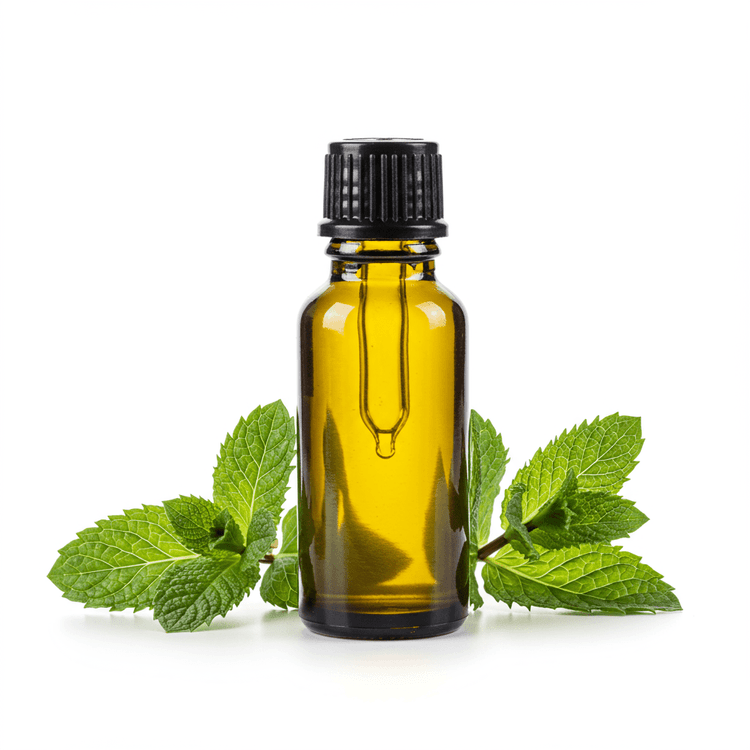
Mint
Mint is a fragrant herb known for its refreshing, cool flavor and vibrant green leaves. It has a slightly sweet, peppery taste with a hint of menthol, making it a versatile ingredient in both savory and sweet dishes. Mint leaves are tender and delicate, often used fresh to add a burst of freshness to recipes. This herb is a staple in cuisines worldwide, from Mediterranean to Middle Eastern and Asian dishes, and is also popular in beverages and desserts. Its bright, aromatic profile makes it a favorite for garnishes and flavoring.
Common Uses
- Add fresh mint leaves to salads, such as tabbouleh or fruit salads, for a refreshing and aromatic twist.
- Use mint to infuse flavor into beverages like mojitos, mint juleps, or iced teas, creating a cooling and invigorating drink.
- Incorporate mint into sauces, such as mint chutney or mint yogurt sauce, to complement grilled meats or roasted vegetables.
- Blend mint into smoothies or desserts like ice cream, sorbets, or chocolate-based treats for a fresh and unique flavor.
- Garnish soups, curries, or rice dishes with chopped mint leaves to enhance both flavor and presentation.
- Brew mint leaves into herbal teas for a soothing and naturally caffeine-free drink option.
Nutrition (per serving)
Nutrition (per serving)
Calories
70.0kcal (3.5%)
Protein
3.8g (7.6%)
Carbs
14.9g (5.42%)
Sugars
0.6g (1.2%)
Healthy Fat
0.6g
Unhealthy Fat
0.2g
% Daily Value based on a 2000 calorie diet
Nutrition (per serving)
Calories
70.0kcal (3.5%)
Protein
3.8g (7.6%)
Carbs
14.9g (5.42%)
Sugars
0.6g (1.2%)
Healthy Fat
0.6g
Unhealthy Fat
0.2g
% Daily Value based on a 2000 calorie diet
Health Benefits
- Mint is rich in antioxidants, which can help support overall wellness and combat free radicals in the body.
- It adds a refreshing flavor to dishes, making it a popular choice for salads, beverages, and desserts.
- Mint is commonly used in teas and infusions for its soothing and aromatic properties.
- It can enhance digestion and is often included in recipes for its cooling effect on the palate.
- Mint is versatile in savory dishes, such as sauces, marinades, and Middle Eastern cuisine.
- It is low in calories and can be a flavorful addition to healthy, low-fat recipes.
Substitutes
Chefadora AI is here.
Experience smarter, stress-free cooking.
Storage Tips
To keep mint fresh, wrap the stems in a damp paper towel and store them in a resealable plastic bag in the refrigerator. Alternatively, place the stems in a glass of water with a loose plastic bag covering the leaves and refrigerate. Avoid washing mint until you're ready to use it, as excess moisture can cause it to spoil faster. For long-term storage, mint can be frozen by chopping the leaves and placing them in ice cube trays with water or oil.
Marnirni-apinthi Building, Lot Fourteen,
North Terrace, Adelaide, South Australia, 5000
Australia

